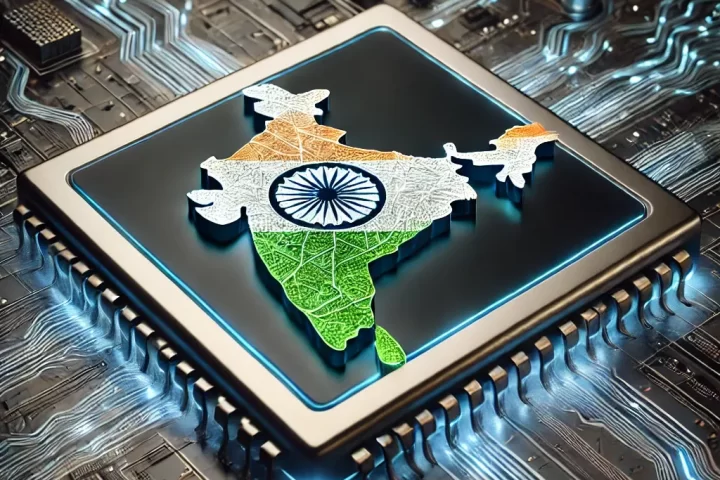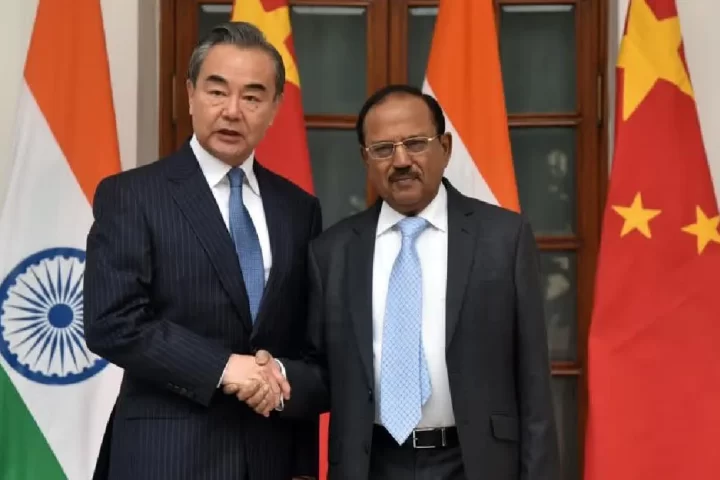BEIJING, — China’s once-thriving start-up ecosystem is reeling as early-stage investors increasingly invoke redemption rights, a mechanism that allows them to reclaim their investments plus premiums when companies fail to achieve critical milestones, such as going public.
With the Chinese IPO market at a virtual standstill in 2023, these refund demands have placed severe financial strain on startups, raising fears of lawsuits, bankruptcies, and a broader disruption of the nation’s innovation agenda. Legal analysts estimate that as many as 14,000 startups are at risk, underscoring the depth of the crisis.
“The freezing IPO market, combined with the economic downturn, has left startups in an impossible position,” a partner at a leading law firm said.
China’s broader economic slowdown, including a protracted property market slump and weaker consumer spending, has exacerbated the crisis. Venture capital (VC) funding—crucial for startup survival—has plunged to its lowest levels in years, leaving many young firms unable to secure follow-up investments or meet operational costs.
In 2023, venture funding in China dropped 36% year-over-year, marking one of the steepest declines in the world. Once-dominant sectors such as technology and education have seen a sharp reduction in investments, fueled by stringent regulations and rising geopolitical tensions. The number of VC-backed startups has plummeted, from 7,180 in 2018 to just 2,780 this year.
The financial squeeze threatens to derail China’s technological ambitions. Startups play a pivotal role in driving innovation, particularly in cutting-edge fields like artificial intelligence, semiconductors, and green technologies. The decline in VC funding stymies these efforts, leaving China vulnerable to falling behind global competitors, especially as nations like the United States continue to invest heavily in research and development.
This slowdown also imperils employment. Startups are critical engines of job creation, particularly in high-tech and emerging sectors. Small and medium-sized enterprises account for 98.5% of all businesses in China and three-quarters of employment. Without robust VC support, job creation is faltering, further straining an economy already facing structural challenges.
China’s push for technological self-reliance—a cornerstone of President Xi Jinping’s economic strategy—is facing critical obstacles. The drying up of VC funding jeopardizes progress in crucial industries, potentially increasing reliance on foreign technology and partnerships. Analysts warn that the slowdown could undermine the country’s long-term ambitions for global technological leadership.
“This is a clash between the short-term financial mechanisms in place and the long-term strategic goals of the country,” a venture capitalist noted.
Experts argue that government intervention is essential to avert a broader crisis. Proposals include easing IPO regulations, offering financial lifelines to struggling startups, or temporarily halting the enforcement of redemption rights. However, balancing these measures with regulatory oversight remains a challenge.
Stimulating private investment, particularly in high-tech and green industries, will also be critical. Restoring investor confidence through balanced regulatory reforms could revitalize the venture capital landscape and reignite the entrepreneurial spirit that fueled China’s growth during the 2010s.
For now, startups remain in a precarious position, caught between investor demands and a sluggish economy. As China grapples with the fallout, its ability to sustain innovation, create jobs, and maintain its competitive edge hangs in the balance.














